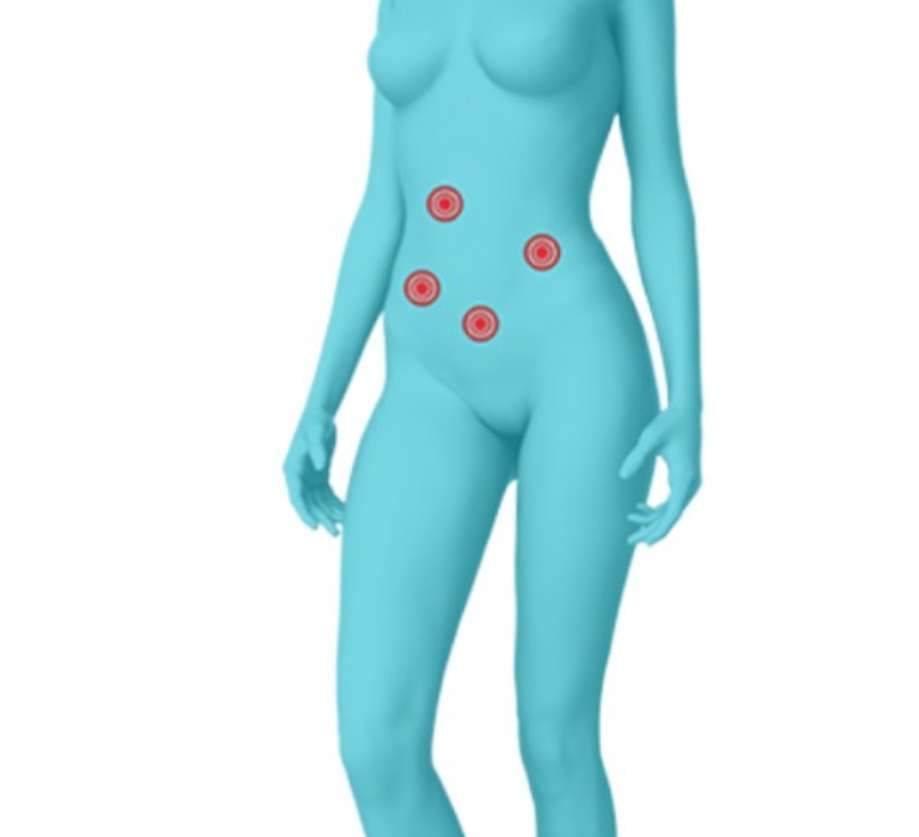
An inguinal hernia is a condition in which a portion of the intestine or abdominal tissue protrudes through a weak spot in the abdominal wall, usually near the inguinal canal, a passage in the groin. While inguinal hernias are more commonly associated with males, they can also occur in females. The causes of inguinal hernias in females can vary, and understanding these factors is crucial for accurate diagnosis and timely treatment. In this article, we will explore the causes of inguinal hernias in females and the importance of seeking expert medical advice, such as that provided by Dr. Ali Reza Eghtedari, a Consultant General Surgeon in Dubai, UAE, who specializes in hernia surgery.
Anatomy and Causes
Inguinal hernias in females occur when a portion of the intestine or abdominal tissue pushes through a weakened area in the abdominal wall near the inguinal canal. While the exact cause of inguinal hernias is not always clear, there are several factors that can contribute to their development:
Importance of Seeking Expert Medical Advice
If you suspect you have an inguinal hernia or are experiencing symptoms, it’s essential to seek medical advice from professionals like Dr. Ali Reza Eghtedari, Inguinal hernias can lead to complications such as incarceration (the hernia becomes trapped and cannot be pushed back in) or strangulation (the blood supply to the trapped tissue is cut off), which require immediate medical attention.
Dr. Eghtedari’s expertise in hernia surgery makes him a trusted source of guidance for those seeking evaluation and treatment options. Consulting with a skilled professional can help determine the best course of action based on your individual condition, ensuring that you receive the appropriate care and treatment for your inguinal hernia.
Conclusion
Inguinal hernias in females can result from a combination of factors, including weakness in the abdominal wall, pregnancy, straining, and genetics. Recognizing the symptoms and causes of inguinal hernias is crucial for timely diagnosis and effective treatment. If you’re experiencing symptoms or suspect you have an inguinal hernia, seeking expert medical advice is essential. Dr. Ali Reza Eghtedari, a General Surgeon in Dubai, UAE, is a reliable professional with specialized expertise in hernia surgery. By consulting with him, you can receive accurate assessments and personalized recommendations for managing and treating your inguinal hernia. Remember, addressing inguinal hernias promptly can lead to improved outcomes and a better quality of life.